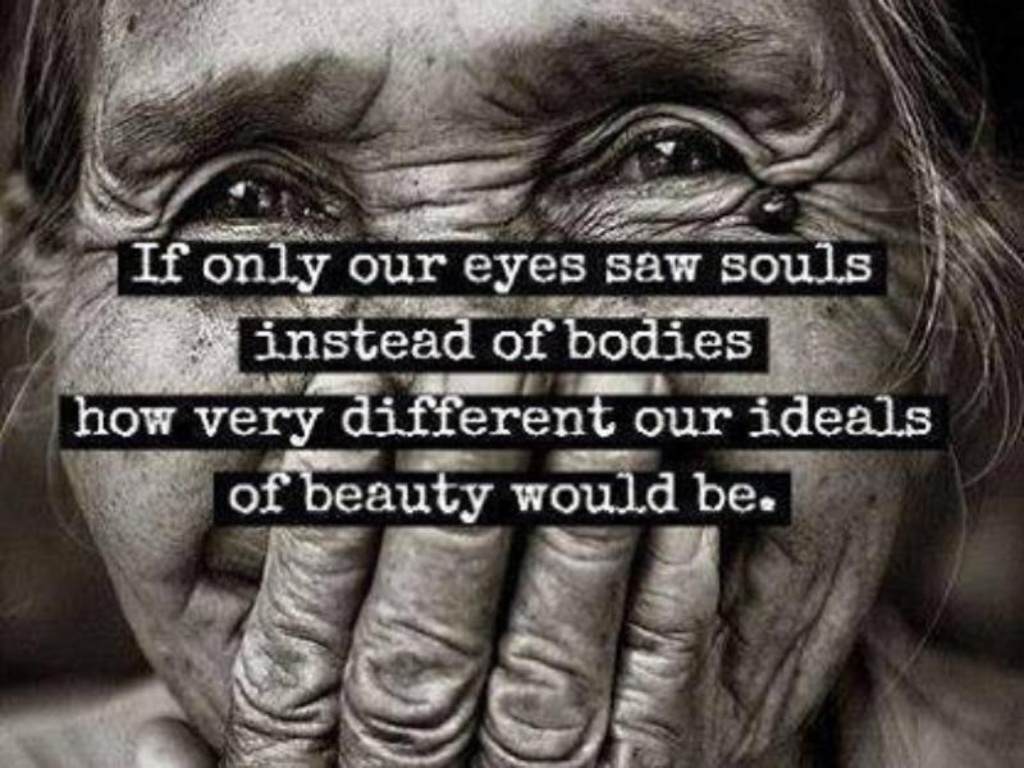
Our true nationality is mankind.”
― H.G. Wells
There is an ongoing discussion in the world of yoga on the image of yoga and it’s acceptance of those that do not fit the general norm of what we perceive as the typical yogi. Instagram and the media are populated by images of slim western women, in postures that most people will never be able to do. A lot of advertising material focuses on slim, fit, young and toned.
As a yoga teacher and studio, how do we cater to the vast array of realities out there? What teachers do we hire and in this process do we continue to perpetrate the idea of the fit, young, slim western, often middle-class yogi or are we able to step out of the mould and make yoga a more inclusive practice? As a yoga practitioner, how do we respond to a teacher who does not fit our perceived norm? How do we respond to sharing a class with people who do not fit our idea of what a typical yogi is?
This is true of all fields of life, some more than others. I worked in the city for many years and there is a mould there too that one needs to fit into. How would that industry respond to interviewing someone that is totally out of the common norm? Could it see past the appearance and focus exclusively on the person’s skills and suitability for the position? And once past the interviewing process, would there be acceptance around an individual that is considered “different”?
As a studio owner, I interview a lot of people, as well as welcome many practitioners to the studio. In this process, I need to explore my response to those who come through our doors or teach at the studio. Can I interview a teacher and allow myself to not fall into pre-conceived ideas of what I imagine a teacher to be? Can I see through my pre-conceptions and see the essence of the person and the quality of the teacher, without getting trapped into judgements about looks, dress, socio-economic background, etc? Do I select people because they will fit (ie they are like me or I personally relate to them), or because they really are the best qualified for the job?
Most of us would probably claim to be neither racist, nor prejudiced. However, it we are truly honest with ourselves, I believe that we all will have preconceived ideas about certain categories of people that are not based on broad exposure to that group of people. It may be based on a single experience or hearsay. Can we sit and contemplate our responses?
Yoga and meditation always help me sit with the things about myself that are uncomfortable. As we grow more aware and attuned to our responses, whether they are pleasant or deeply awkward, we can sit with the feelings that arise without judging them. We can move away from thinking that we are a bad person when we feel bias and becoming defensive trying to justify that feeling, to acknowledging what we are experiencing and sitting with it without judgment and observing the nature of it. What is it about the situation/person that makes us uncomfortable? It is fear of the unknown, a prior experience, a family belief, our conditioning, etc or is it a true concern about the situation/person? Once we are able to see what is happening within ourselves with honesty and integrity, it becomes easier to respond to the situation in front of us with authenticity, rather than fear and an attitude of self-preservation.
Audrey Lorde, a poet and civil rights activist said: “It is not our differences that divide us. It is our inability to recognise, accept, and celebrate those differences.” Can we use our yoga practice to become more tolerant and accepting of difference and diversity and build bridges around us and in our communities instead of walls? It requires us to look inwards and accept our fears and insecurities without judgment and for what they are. From there, we can grow and look outwards with more compassion and inclusion.
